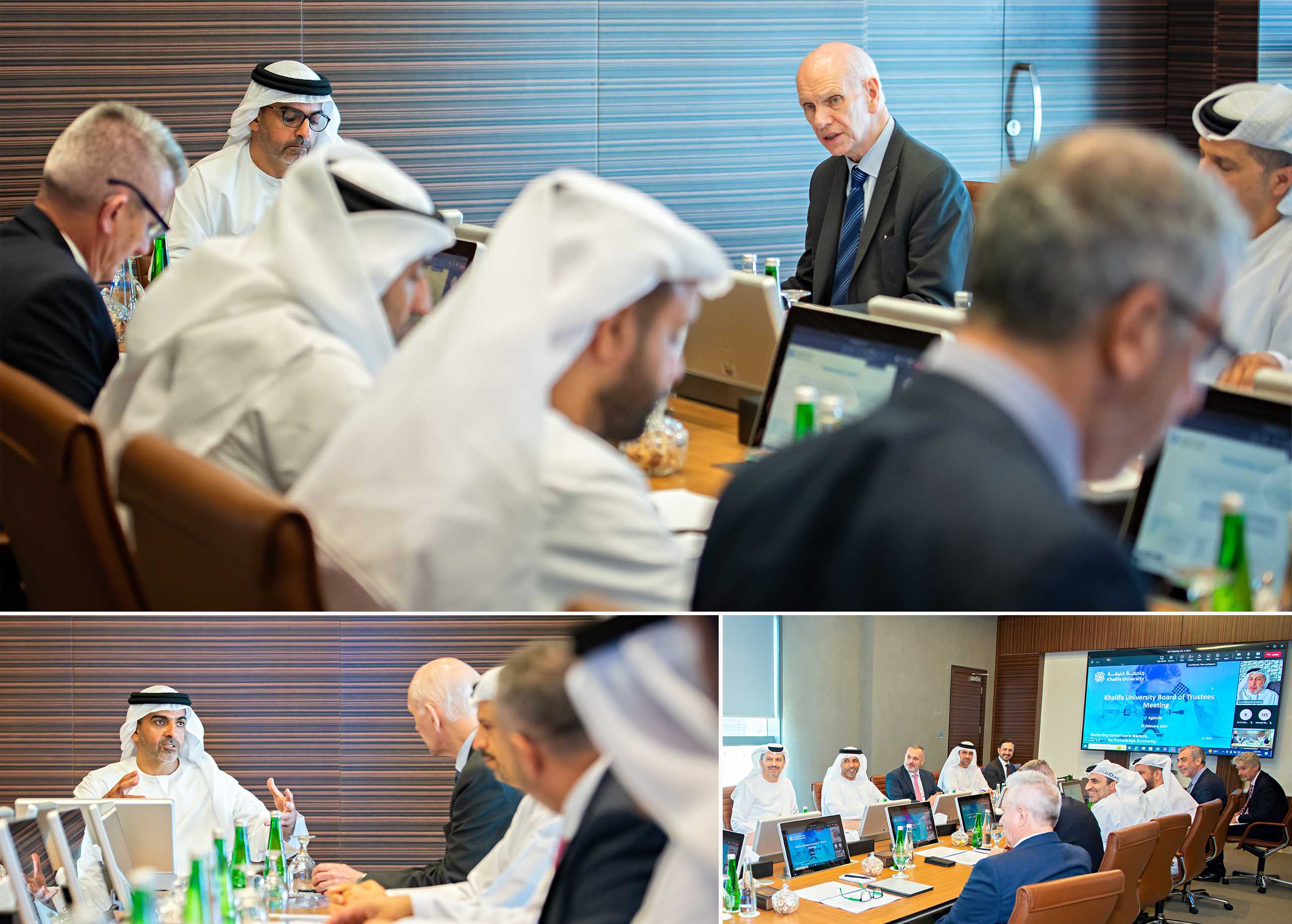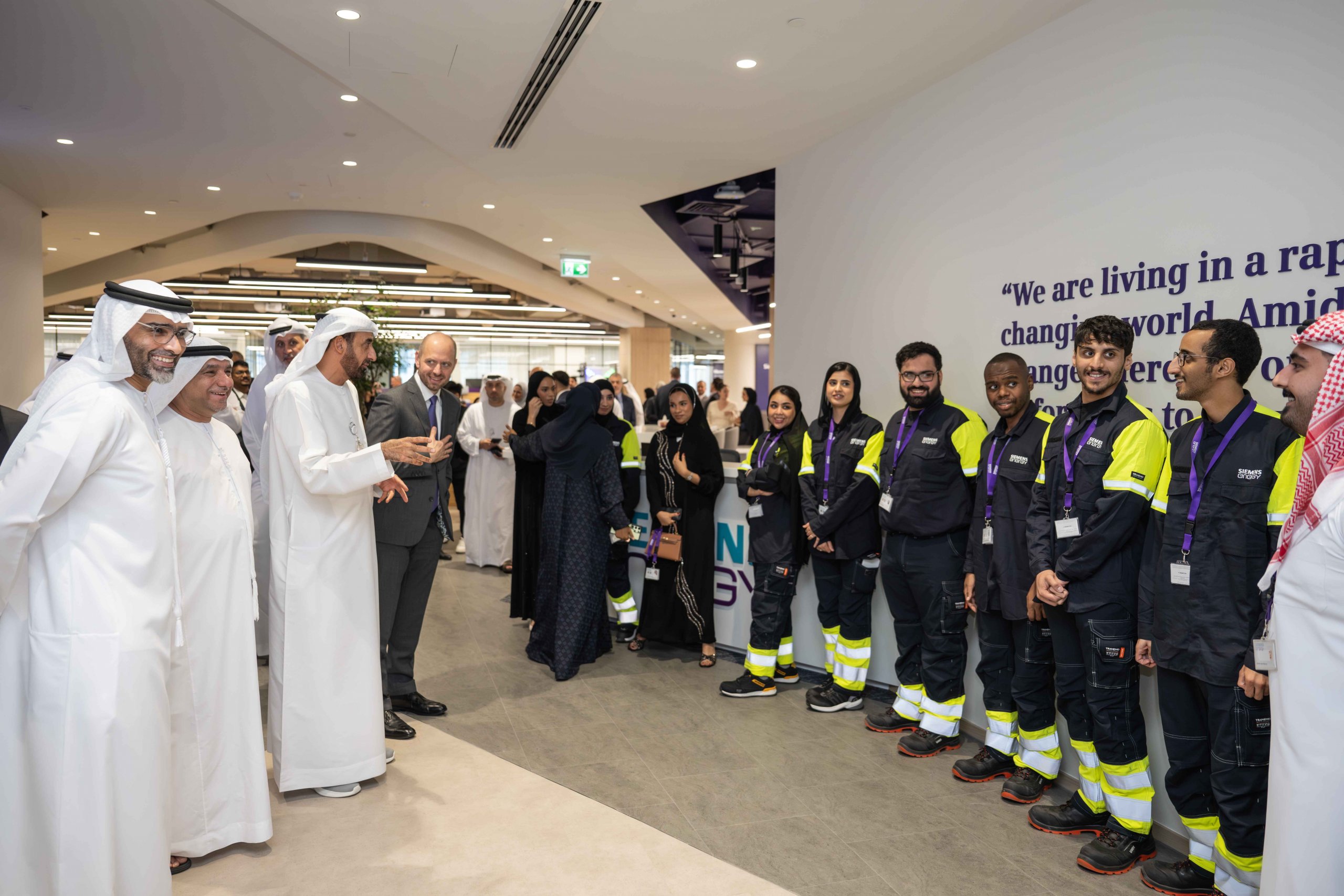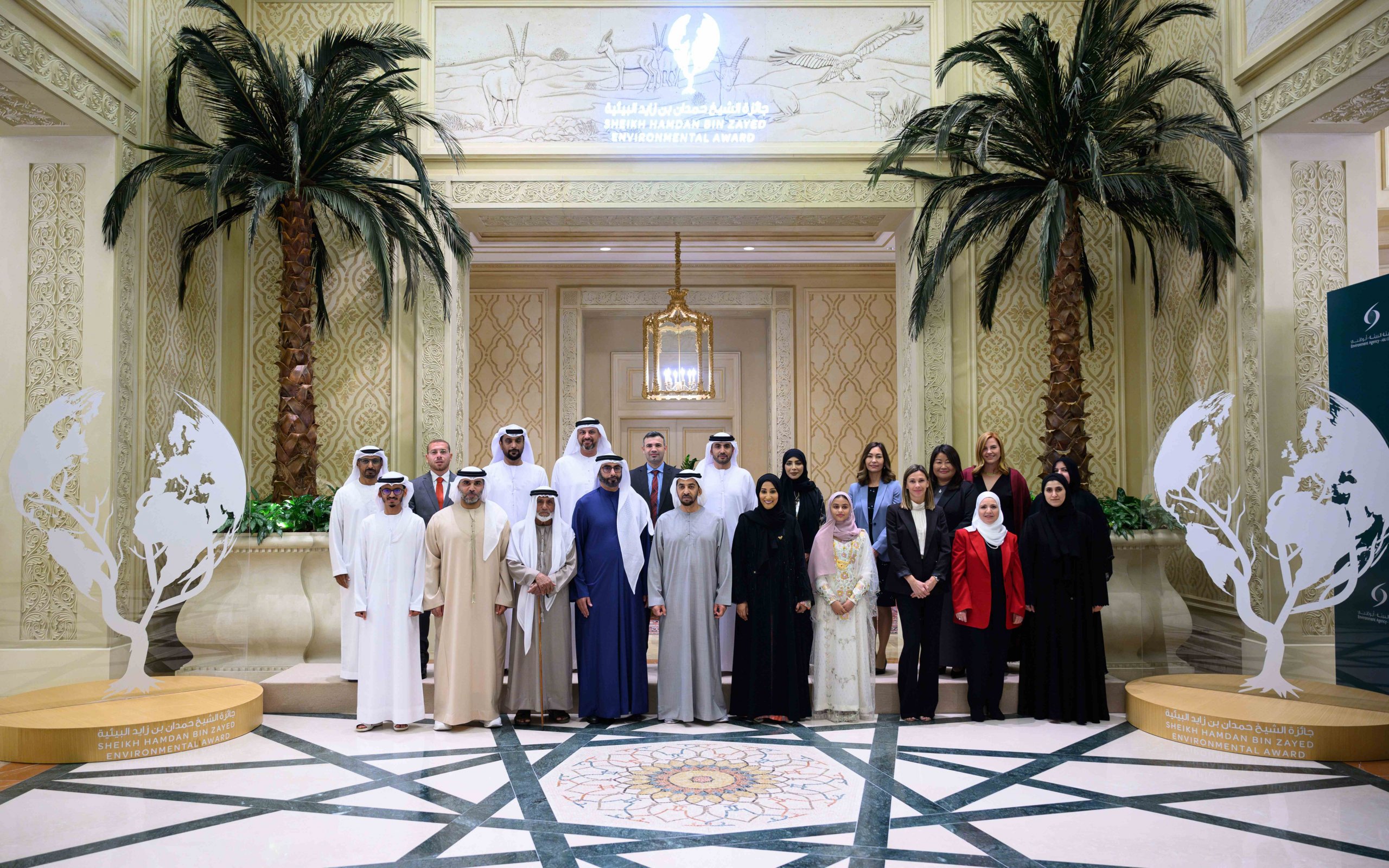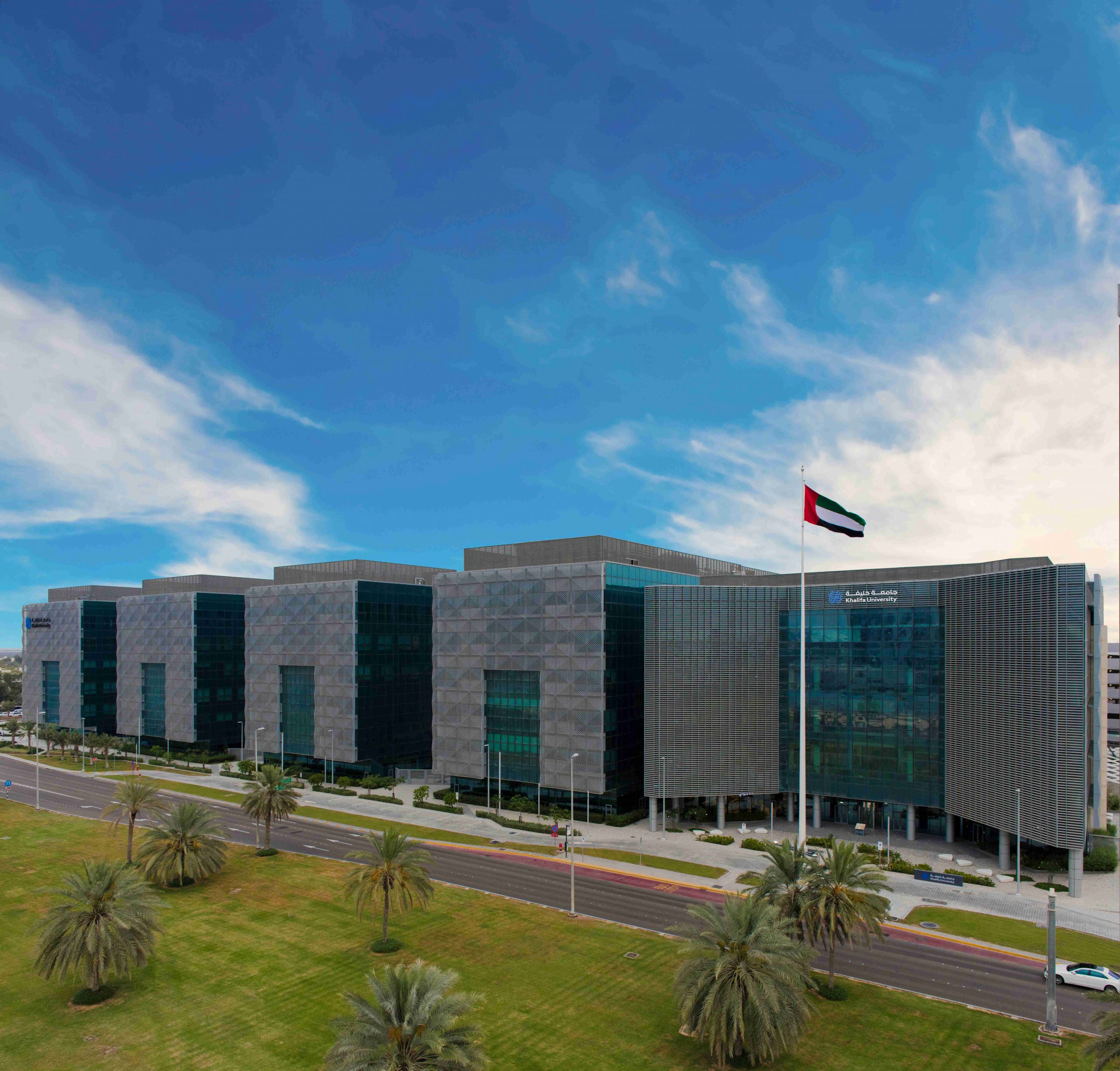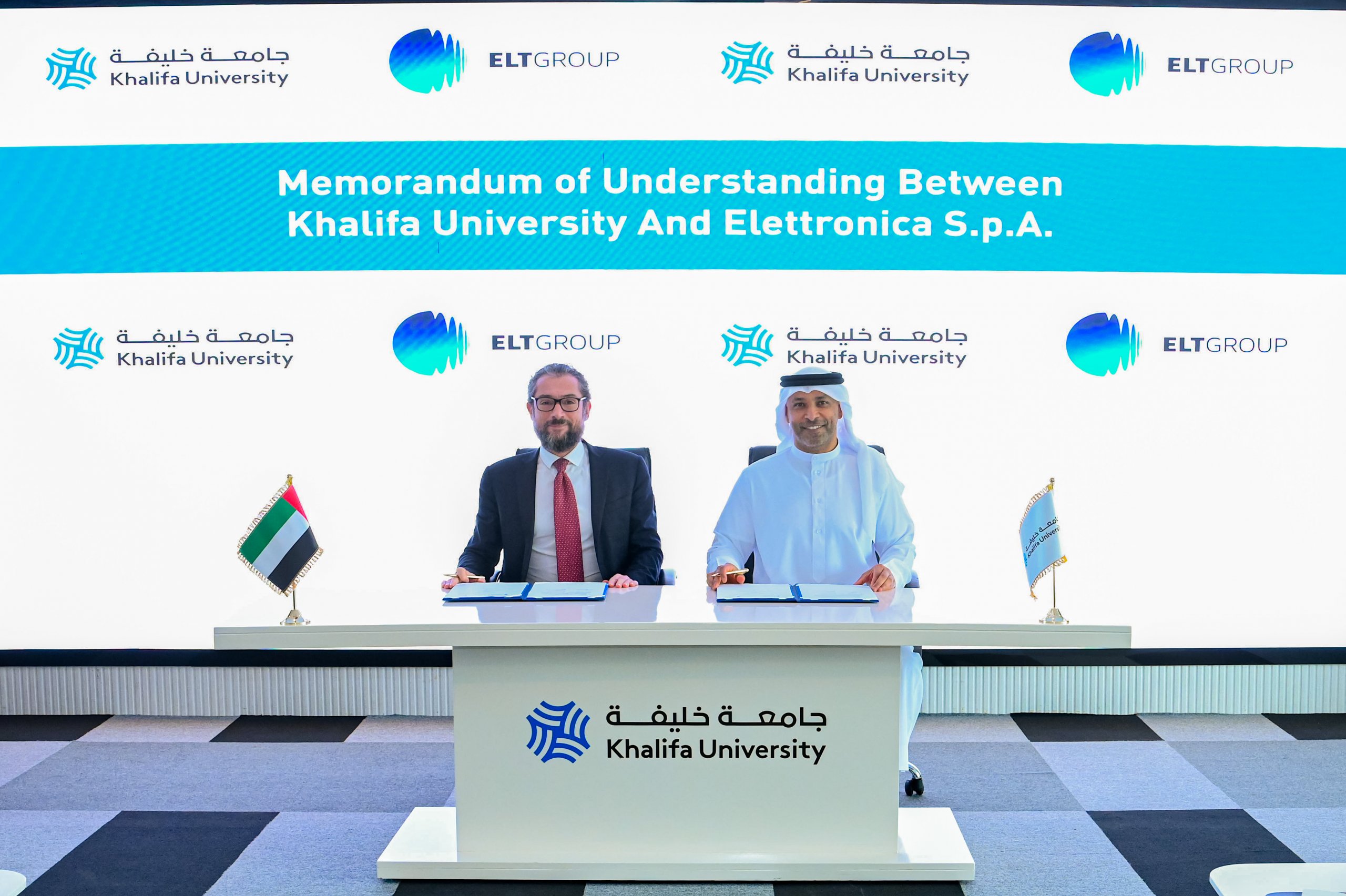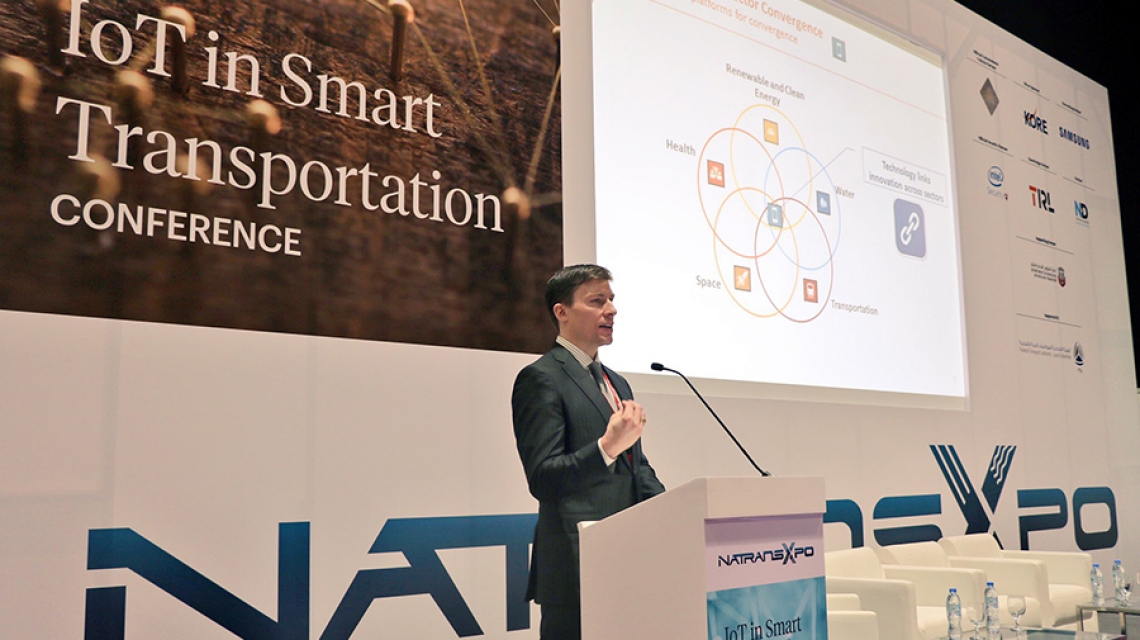
The convergence of Internet of Things (IoT), smart transportation and energy system innovation is part of a bigger trend at the core of future technological innovation and Masdar Institute of Science and Technology has developed its research strategy so that it can remain at the forefront, said Dr. Steve Griffiths, Vice President for Research, and Professor of Practice, Masdar Institute.
The convergence of IoT, smart transportation and energy system to achieve innovation across sectors requires use-inspired research and this is exactly Masdar Institute’s focus, added Dr. Griffiths in his keynote address titled ‘The convergence of IoT, Smart Transportation and Energy System Innovation’, at the NATRANS Expo, held from 25-26 October at the Abu Dhabi National Exhibition Center (ADNEC). Masdar Institute is one of the partners for the event, which was the UAE’s first dedicated IoT transportation platform designed to showcase the power of network connectivity to collect and exchange data.
Research at Masdar Institute revolves around four research platforms – energy, water, advanced materials and smart systems – that serve as engines to drive innovation in advanced sustainable technologies and clean energy. The Institute’s research centers based on these themes have yielded results, gaining Masdar Institute 14 issued US patents, 73 filed US patent applications, 134 Invention disclosures and more than 960 published articles in peer reviewed journals as of September 2016.
Dr. Griffiths said: “Our research platform at Masdar Institute focuses on linking innovation with R&D and has all the elements required to push IoT and autonomous vehicles to their full potential. Specifically, we work towards the convergence of energy systems with advanced materials and microelectronics, as well as artificial intelligence and data analytics. This is done in partnership with multiple industry and government partners that help drive R&D to commercial realization.”
He added: “IoT is of particular interest because it connects the physical world of materials, machines and living things to a world of information. Big data and analytics allow us to collect information about people, machines, buildings and other physical items and not only understand current state, but also predict and influence future states.”
Such capability is extremely relevant to transportation Dr. Griffiths pointed out and added that the data that can be collected in the transportation sector is vast and uses the potential uses of this information include optimization of routes, reducing friction between modes of transportation, and ultimately, autonomous transportation. He further stated that this convergence of IoT and transportation, collectively known as “smart transportation”, can lead to increased utilization of transport infrastructure, better transport system efficiency as well as increased personal wellness and productivity.
As part of its efforts to develop human capital in these areas, Masdar Institute currently offers Master’s Degree programs in Computing and Information Sciences, Microsystems Engineering, Engineering Systems and Management and Sustainable Critical Infrastructure, all of which related to smart transportation.
Smart transportation and energy innovation are closely linked, as the transportation sector accounts for 30% of global energy consumption and road transportation accounts for approximately 70% of transportation energy consumption. Furthermore, road transportation accounts for approximately 50% of total global oil consumption. “Such statistics indicate a strong case for smart transportation to impact energy systems,” Dr. Griffiths added.
Industry research shows that autonomous vehicles can support eco-driving, mass transport adoption, optimal allocation of vehicle-capacity-to-passenger count and other measures that could, in the best case, lead to up to 40% reduction in road transport energy demand.
However, IoT platforms and autonomous vehicles that allow for this transformation are projected to require further R&D to realize their full potential. According to research firm Gartner, IoT platforms and 5-10 years away from reaching their “plateau of productivity” and autonomous vehicles more than 10 years. Hence, the use-inspired research being done at Masdar Institute is critical the smart transportation systems realizing their full potential in the UAE and globally.
Clarence Michael
News Writer
26 October 2016


